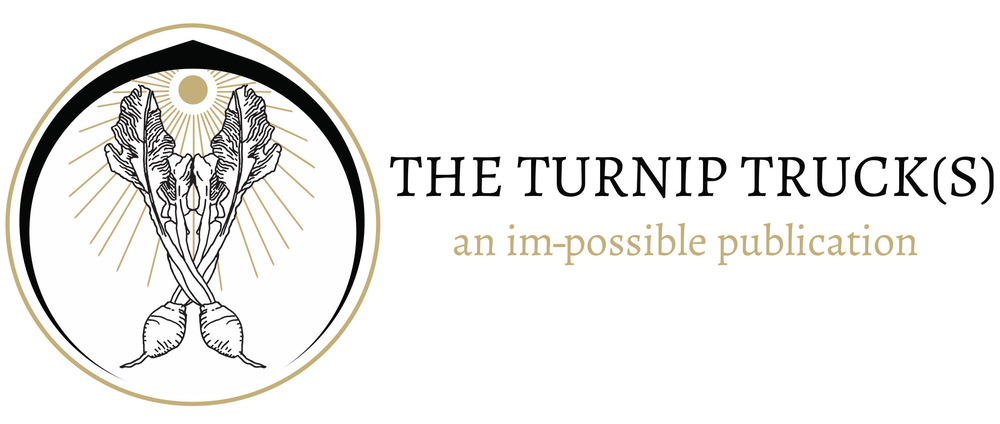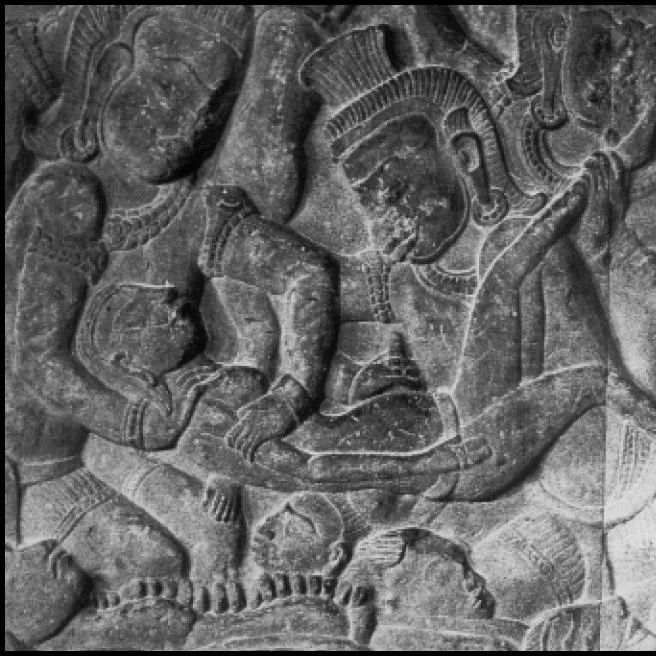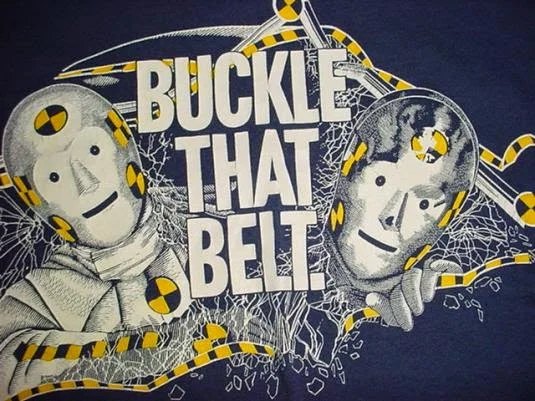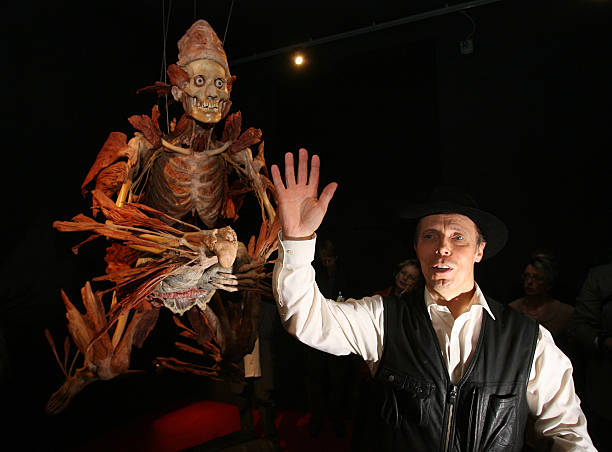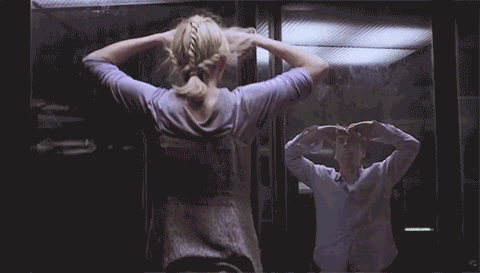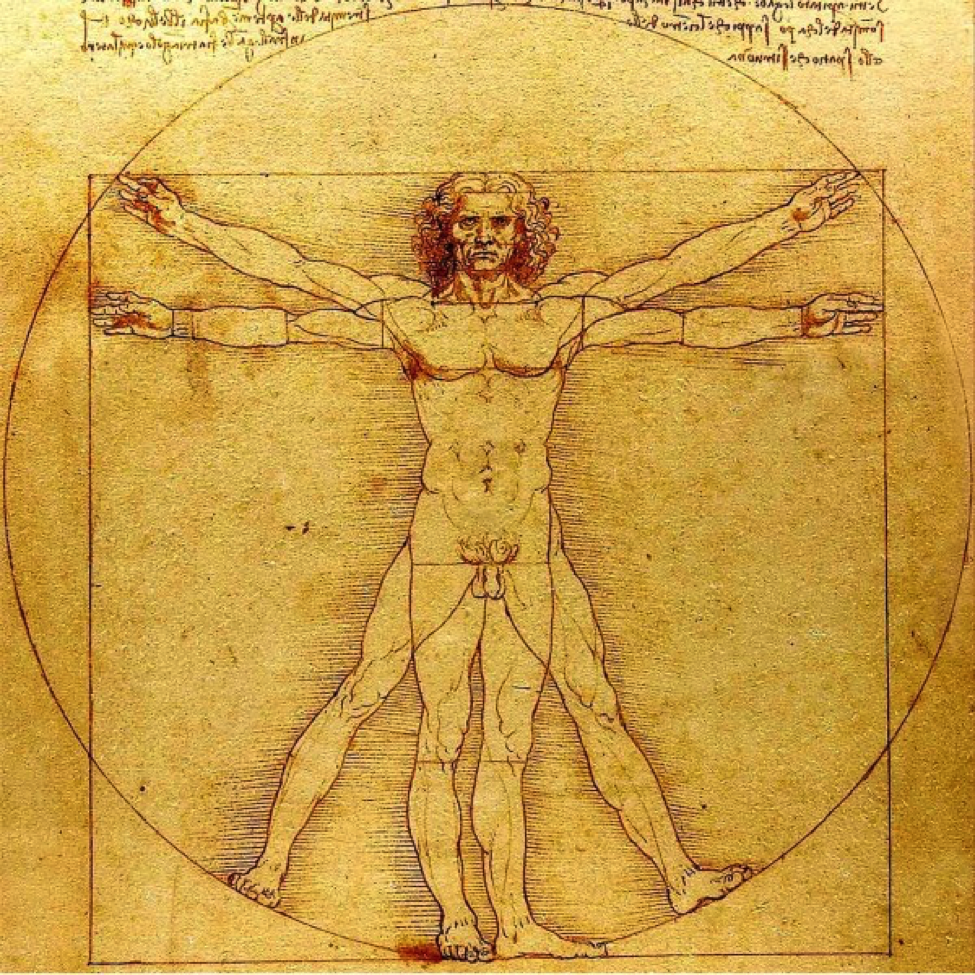Bodies
Our bodies are our most intimate vehicles that comprise the “I” and the “eye” of consciousness or embodied mind. According to Simone de Beauvoir, in line with Heidegger, Sartre, and Merleau-Ponty, “the body is not a thing, it is a situation: it is our grasp on the world” and the zero-point of existence. For Nietzsche, Bataille, and Deleuze, the body is an assemblage of energies and desires. Bodies often act and react before the mind, illustrating how practices such as meditation, yoga, tai chi, and dance are each a kind of knowledge. Language itself is the body’s utterance first—an utterance that shapes and then is reshaped by the mind.
Bodies are also imbrications of time and space and the material and immaterial. They are active and passive carriers and receivers, objects of biological determinism and agents of free will. The perceptions of distance, space, and time are relative to our bodily states and locations, meaning what is real depends on whose body is measuring the lived experience.
Thus, bodies are where identity and politics meet. Non-human bodies are always already implicated in the political economy. Animals, plants, and microbes, are bought, sold, exchanged, and disposed of. Chicken and cow bodies are produced to serve humans and require space and management. Human bodies are the battlegrounds of debate about the fate of gendered, racial, aged, and sick bodies. Bodies are the fetishized, commodified objects from which consumer cultures and bureaucracies emerge to market, preserve, and alter bodies for beauty, health, and economic benefit.
The posthuman body is a network of coded corporeality and techno-prosthetic extensions, working to realize the body-as-machine. A site of biomedia, the body is a medium for biology as digitized genetic information. The biotechnological body is designed, manufactured, digitized, and augmented, and might one day eternally exist as disembodied code. Unlocking the secrets of the body and embodied mind not only evokes hope that we can solve the “problems” and limitations of the body, but it also provokes debate about whether or not we have free will or can build conscious robots or transplant our minds. It forces us to grapple with Donna Haraway’s notion that technology is already deeply rooted in our humanity as much as humanity is deeply rooted in animality.
For our sixth print issue, we seek work that explores the many dimensions and experiences of the lived body, particularly in our posthuman world. Email submissions to bodies@im-possiblethink.com. Deadline to submit is June 11.
